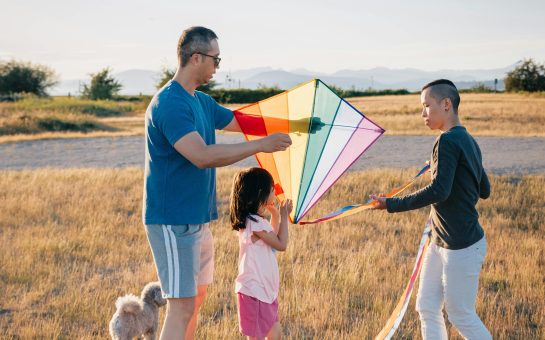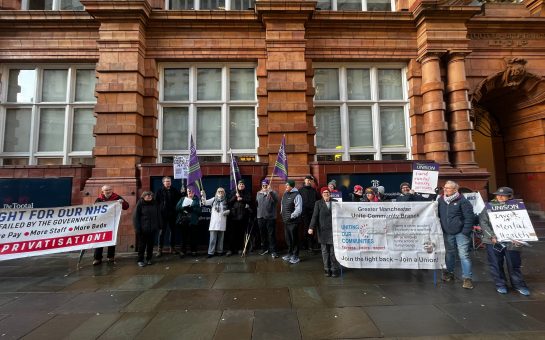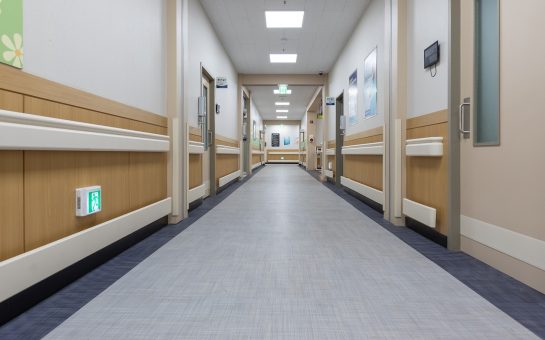Manchester has been praised after a report revealed that LGBT youths are at a significantly higher risk of becoming homeless because of family rejection than non-LGBT youngsters.
The report was carried out by The Albert Kennedy Trust (AKT) who support LGBT 16-25 year olds that are made homeless or live in a hostile environment.
It highlights a lack of services that cater to helping LGBT homeless youth, as only 13% of housing providers surveyed recognized the unique needs people in this category.
Just two of these organizations had designed LGBT initiatives that were being implemented and accessed appropriately.
However Tim Sigsworth, Chief Executive of AKT, highlighted the fact that Manchester is ahead of other areas of the country in addressing these problems.
“Manchester is the best in the country [for supporting LGBT youth],” he said.
“They have well served fantastic services for well-being which is probably the greatest issue after homelessness.
“42nd street is phenomenal, they have mental health help specializing for LGBT people.
“The services work really well together, it’s a close relationship working on mental health, sexual health and domestic violence services.”
Despite the steps the city is taking, Tim was certain that more needs to be done.
He cited the poor response to the findings of the report, which he felt necessitated a stronger approach.
“There was a disappointing engagement with that part of the study, they didn’t seem keen to engage.
“I think it’s important that good policies are implemented.”
The most common causes for homelessness amongst LGBT young people were parental rejection, physical, sexual and emotional abuse, aggression and violence within their family.
Tim said: “It would be useful for more support for parents, but no services do this.
“Parents are struggling to accept their children and they experience bullying from their siblings.”
Prior to and during homelessness it was found that LGBT people have significantly higher levels of mental and physical ill health compared to their homeless peers.
Tim said victims can suffer from ‘post-traumatic stress disorder, the shock of their horrendous experience and living with it in their day-to-day life’.
68% of previously homeless, and 83% of currently homeless LGBT youth reported this but less than half had sought help.
“We have a mental health service,” said Tim.
“We are actually piloting a new online digital service for people on the verge of coming out and struggling to cope with the reaction at home.”
The report found that there is a limited understanding in organizations of LGBT people’s needs and experiences, and there is an assumption of heterosexuality by some service providers, which gives a greater risk of discrimination.
“A young woman didn’t share her sexual orientation and nobody asked her,” Tim said of one victim.
“When she was placed in a high homophobic crime rate area she was put at risk.
“She had gone from a homophobic environment with parents to an area with a high homophobic crime rate.
“These organizations are outdated in their practices. It needs to improve positively for LGBT people.”
Click here for more information.



